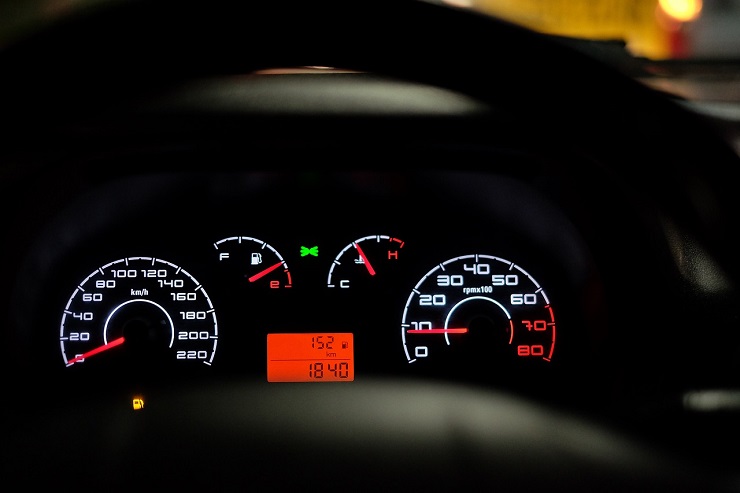Introduction
For automobile owners, fuel costs can often be a significant burden on their budget. However, by adopting the right habits and implementing some basic strategies, it is possible to achieve fuel efficiency in automobile use. In this article, we will explore effective methods for fuel efficiency.
1. Regular Maintenance
Getting regular maintenance for your car is a crucial way to improve fuel efficiency. Issues like a dirty air filter, low tire pressure, and clogged fuel injectors can increase fuel consumption. Therefore, taking your vehicle to a mechanic for routine maintenance not only contributes to fuel savings but also extends the lifespan of your car.
2. Adhere to Speed Limits
Driving at high speeds increases fuel consumption. Research shows that traveling at 100 km/h consumes more fuel than driving at 120 km/h. Following traffic rules not only enhances safety but also promotes fuel efficiency.
3. Check Tire Pressure
Having the correct tire pressure is critical for fuel efficiency. Low tire pressure increases rolling resistance, leading to higher fuel consumption. Check your tire pressure every month and ensure it matches the manufacturer’s recommended level.
4. Maintain the Engine at Ideal Temperature
Operating your car’s engine in cold weather conditions consumes more fuel. Therefore, instead of letting the engine idle to reach its ideal operating temperature, it is advisable to start driving right after starting the engine. Additionally, avoid prolonged idling.
5. Reduce Weight
Carrying excessive weight inside your vehicle can increase fuel consumption. Remove unnecessary items from your car and only carry what you need. Also, avoid using roof racks or trailers as they can add extra weight and reduce fuel efficiency.
6. Consider Low Fuel Consumption Vehicles
If you’re considering purchasing a new car, opting for a model with low fuel consumption can result in significant long-term savings. Hybrid or electric vehicles generally have lower fuel consumption compared to traditional gasoline or diesel cars.
7. Optimize Your Travel Plans
Combining multiple errands or appointments in the same area can save fuel. Additionally, adjusting your travel plans to avoid peak traffic hours and congestion can prevent long idling times and contribute to fuel savings.
8. Develop Better Driving Habits
Rapid acceleration and sudden braking increase fuel consumption. Adopting a smoother driving style and practicing patience in traffic can improve fuel efficiency.
9. Use Air Conditioning Wisely
Using the air conditioner excessively can increase fuel consumption. Therefore, avoid keeping the AC on when it’s not needed, and opt for natural ventilation through open windows whenever possible.
Conclusion
Achieving fuel efficiency in automobile use is not only environmentally friendly but also financially prudent. Simple steps such as regular maintenance, adhering to speed limits, checking tire pressure, and improving driving habits can contribute to fuel savings. Additionally, choosing low fuel consumption vehicles and optimizing travel plans can have a significant impact. Remember that small changes can lead to substantial savings, benefiting both the environment and your wallet.


